
Sovereignty Risks, Debt Trap Alert: Rastriya Ekta Abhiyan Flags Dangers Surrounding Pokhara Airport
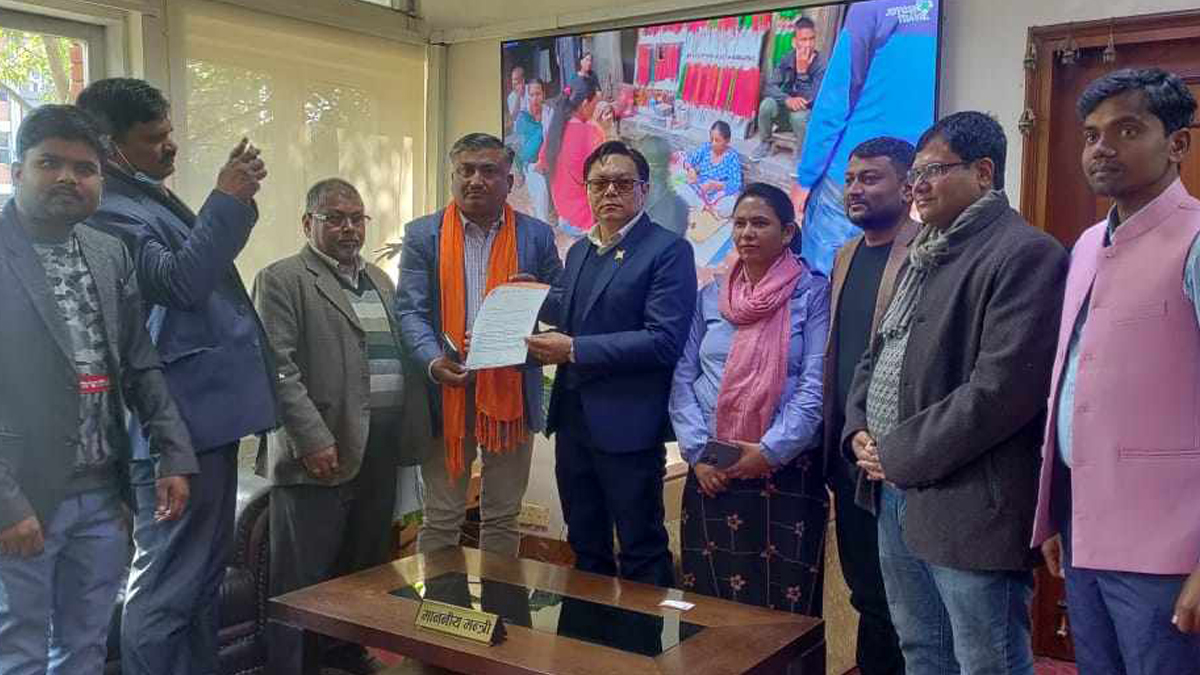
In a development that has caught the attention of the Nepalese government, the Rastriya Ekta Abhiyan (National Unity Campaign) has voiced apprehensions about the potential dangers surrounding the Pokhara Regional International Airport, which was constructed with assistance from a loan provided by China. The campaign, led by Chair Vinay Yadav and a delegation of senior leaders, submitted a memorandum to Culture, Tourism, and Civil Aviation Minister Sudan Kirati on Tuesday, highlighting their concerns about the airport becoming a potential trap of Chinese debt and posing a threat to Nepal’s sovereignty.
The delegation, comprising leaders such as BP Yadav, Dr. Prabhat Kushwaha, Rita Sah, Diwas Patel, Chandra Yaduvanshi, Jeevan Sah, and Sujan Yadav, emphasized the need for transparency regarding the financial arrangement with China. The Rastriya Ekta Abhiyan pointed to the cautionary tale of Sri Lanka’s Hambantota port, citing it as evidence that excessive reliance on Chinese debt could jeopardize a nation’s sovereignty.
According to the campaign, Nepal’s long-term strategic autonomy could be compromised due to an increased dependency on Chinese loans for critical infrastructure projects. To address these concerns, the Abhiyan has urged the immediate public disclosure of the full details of the loan agreement for the construction of Pokhara airport.
In addition to transparency, the campaign has called for the formation of an investigation committee to examine whether the construction costs of the airport were justifiable or if there were irregularities that need scrutiny. The delegation insisted that a thorough investigation would shed light on whether the funds allocated for the airport were used efficiently.
Furthermore, the Rastriya Ekta Abhiyan has put forth a bold demand, urging the ministry to take appropriate measures to convert the loan obtained for the airport’s construction into a subsidy. This proposal aligns with the campaign’s belief that transforming the financial arrangement would alleviate the potential risks associated with the debt and safeguard Nepal’s long-term economic interests.


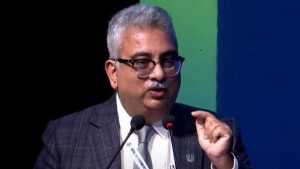
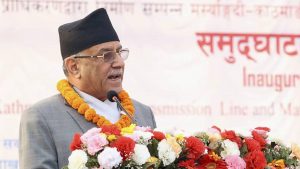


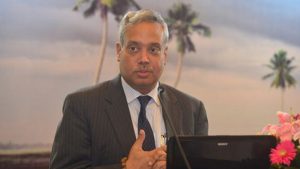




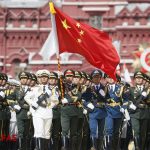


Comments